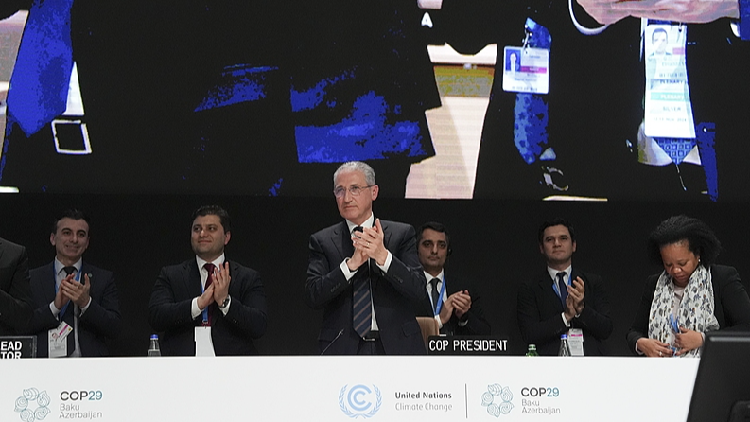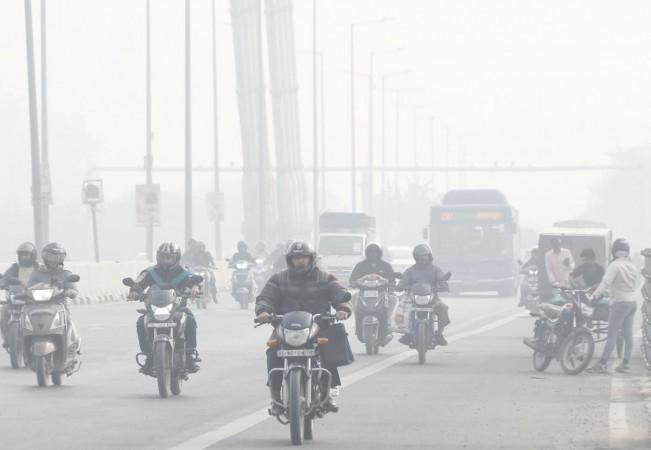
After two weeks of arduous negotiations, the UN Climate Change Conference in Baku, Azerbaijan, which had been extended by over 30 hours, finally concluded on Sunday. The conference adopted over 20 decisions to implement the UN Framework Convention on Climate Change, the Kyoto Protocol, and the Paris Agreement, resulting in a balanced package of outcomes named the Baku Climate Solidarity Pact. Notably, agreements were reached on the climate finance targets and related arrangements for the post-2025 period.
They include a target of at least $300 billion annually from developed countries by 2035 and a climate financing goal of at least $1.3 trillion per year to support climate actions in developing countries. In addition, operational rules for the international carbon market mechanism under Article 6 of the Paris Agreement were finalized.

The conference also made arrangements for the mitigation work program, the global adaptation goal and other measures, further strengthening the global momentum toward a green and low-carbon transition. The Chinese delegation actively participated in negotiations and consultations on all agenda items of the conference. The delegation also hosted a series of 10 themed days at the China Pavilion , featuring various sideline activities.
China calls on all parties to uphold multilateralism and adhere to the principle of "common but differentiated responsibilities," ensuring that no action under the Paris Agreement is rolled back. "As a responsible major developing country, China will steadfastly promote the multilateral process and international cooperation on climate change, regardless of how the global landscape evolves," said Zhao Yingmin, head of the Chinese delegation and vice minister of ecology and environment. "China will continue to implement its national strategy for actively addressing climate change, pursue its carbon peaking and neutrality goals, and engage extensively in South-South climate cooperation to contribute to global green, low-carbon, climate-resilient, and sustainable development," he added.
Zhao also noted that China is committed to providing support within its capacity to help other developing countries address climate challenges and contribute to global green, low-carbon, climate-resilient, and sustainable development..














